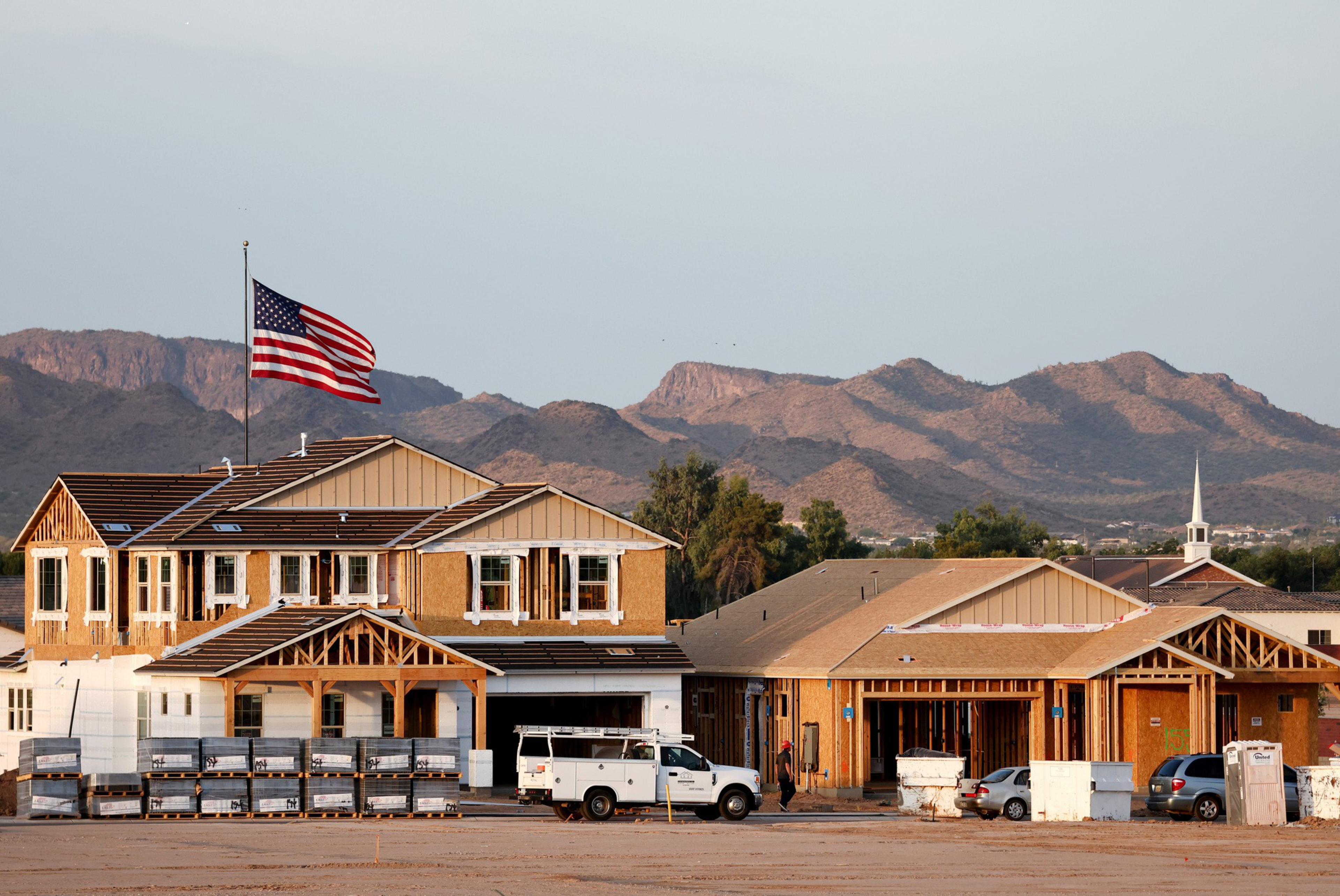When CSE Insurance announced to its agents earlier this month that it was pulling out of California and would not be renewing its customers’ policies, the company was the latest in a long list of insurers exiting the state.
Now, The Standard can report that CSE’s decision is part of a broader exit by the company from neighboring states—a revelation that emphasizes California’s insurance woes, while severe, are not an isolated problem.
According to multiple sources in the insurance industry, CSE is also pulling out of Arizona and Nevada and not renewing its policyholders there.
In California, the decision came just weeks after Insurance Commissioner Ricardo Lara announced a plan to alleviate the state’s insurance problems, but it had been in the works for a while.
It began last year, when CSE’s parent company, French insurance and reinsurance group Covéa, informed the state’s Department of Insurance that it was planning to leave the U.S. insurance market, the Department told The Standard in an email.
Both CSE and Covéa did not respond to requests for comment on the extent of the pullout.
However, in a 2022 annual report (opens in new tab), Covéa said that CSE “primarily operates in California, but is also present in Utah, Nevada and Arizona.”
The Standard was unable to determine whether the insurer is also dropping its policyholders in Utah.
In California, after “non-renewing” its policyholders, CSE is planning to place them with another entity called CSE Diversified Insurance Services. It is unclear whether CSE is trying to place its Arizona, Nevada or Utah customer with that entity or another one like it.
One insurance agent, who did not want to be named because he was not authorized to speak with the press, said that Nevada policyholders would be “non-renewed” and he was told “we should place them with other carriers.”

While Covéa did not explain why CSE was closing up shop, the French insurer has previously tried to offload its American subsidiary, which was founded in San Francisco and is currently headquartered in Walnut Creek.
In 2021, Covéa agreed to sell CSE to insurance technology and software services company Porch Group for $48.6 million. But in August 2022, the two companies mutually agreed to terminate the sale.
Since May, several of the largest home insurers in California—State Farm, Allstate, Farmers, USAA and others—have announced they are exiting or restricting business in the state.
While Covéa has not indicated what led it to seek to part ways with CSE, its decision suggests that the retreat of insurers from California is not a phenomenon confined to California.
Climate change and inflation are harming insurance markets across the United States.
They are also affecting the business calculations of reinsurance companies, who provide a service often described as insurance for insurance companies, according to Amy Bach, who leads United Policyholders, a San Francisco-based nonprofit that advocates for insurance consumers.
Consumers in Florida and Louisiana have long struggled to find coverage due to the risk of hurricanes, but insurance issues are even spilling over into other states.
Because of inflation, every auto claim and home repair is costing more than it used to, Bach said.
Meanwhile, as reinsurers have been forced to make more payouts, they have increasingly dictated to their customers, the insurance companies, how much risk they are willing to accept. Until recently, Bach had never seen reinsurers getting that involved in the underwriting.
Normally, reinsurance is “just big betting,” she said. “It’s nature’s casino.”
During a news conference last month, Lara outlined a new deal between insurers and the regulator: The state will write new rules to let insurers use forward-looking modeling when they set their rates, but companies will be required to write more policies for homeowners who live in areas with high wildfire risk.
The Department of Insurance aims to have the new regulations drafted by December 2024.
